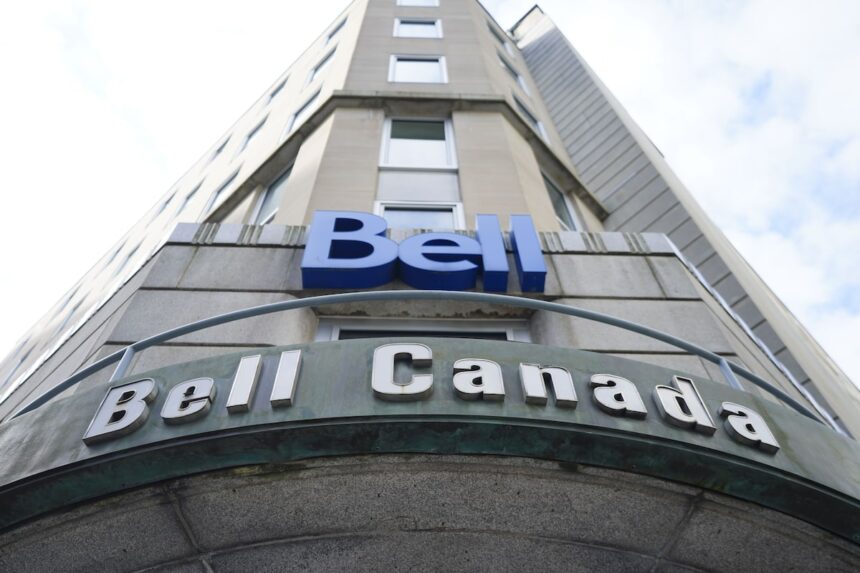The telecommunications landscape in Northern Canada faces a dramatic shift as BCE Inc.’s planned $685-million sale of Northwestel to Yukon-based Unity Connected Solutions has hit an unexpected roadblock. Sixty North Communications Inc., an Indigenous telecommunications provider, has submitted a last-minute competing bid, temporarily halting what seemed to be a done deal.
Inside the boardrooms at BCE headquarters, executives must now recalibrate their divestiture strategy as Sixty North’s intervention has triggered regulatory procedures requiring the Canadian Radio-television and Telecommunications Commission (CRTC) to review both offers simultaneously. The Indigenous-owned company is positioning its bid as more aligned with the federal government’s reconciliation commitments and connectivity goals for northern communities.
“This isn’t just about business—it’s about self-determination and ensuring northern Indigenous communities have a meaningful stake in the digital infrastructure that shapes their future,” said Sharon Nitsiza, CEO of Sixty North, during an exclusive interview. “Our proposal offers a genuine alternative that prioritizes Indigenous ownership and community reinvestment.”
The move represents a bold challenge to the telecommunications status quo. Northwestel, which has operated as BCE’s northern subsidiary since 1988, serves approximately 120,000 people across Yukon, Northwest Territories, Nunavut, and northern British Columbia—a vast territory where connectivity challenges have long hampered economic development and essential services.
Telecommunications analysts note that Indigenous ownership in Canada’s telecom sector remains minimal despite government rhetoric about reconciliation. Current estimates show Indigenous-owned telecom providers account for less than 1% of the national market share, despite Indigenous populations comprising nearly 5% of Canada’s population.
Unity Connected Solutions, backed by Yukon businessman Kelly Ambrose and northern investors, had seemingly secured the deal until Sixty North’s intervention. Unity’s proposal includes commitments to maintain Northwestel’s 400-person workforce and existing service levels, but lacks specific provisions for Indigenous ownership or governance.
The CRTC’s review process, which typically takes 6-8 months, will now examine both proposals against public interest criteria, including competition, service quality, and alignment with federal connectivity goals. The delay has significant implications for BCE, which had planned to use proceeds from the sale to reduce its $33-billion debt load following recent layoffs and service cuts.
Industry Minister François-Philippe Champagne has emphasized the government’s commitment to expanding connectivity in underserved regions while advancing reconciliation. “All telecommunications transactions must ultimately benefit Canadians,” Champagne stated when asked about the competing bids. “We will assess proposals based on their merits and alignment with our connectivity strategy.”
For northern residents, the outcome carries profound implications. Reliable telecommunications infrastructure remains essential for everything from emergency services to education and economic opportunities in communities where harsh climate and geographic isolation create unique challenges.
The situation highlights broader questions about Indigenous economic participation in Canada’s key infrastructure sectors. Recent years have seen growing momentum for Indigenous ownership stakes in energy projects, but telecommunications remains largely dominated by a handful of major players.
Will this challenge from Sixty North mark a turning point for Indigenous ownership in Canadian telecommunications, or will traditional corporate interests prevail? As the regulatory review unfolds, northern communities watch closely, knowing their digital future hangs in the balance.
For more telecommunications news, visit CO24 Business or follow our CO24 Breaking News for the latest developments in this evolving story.










